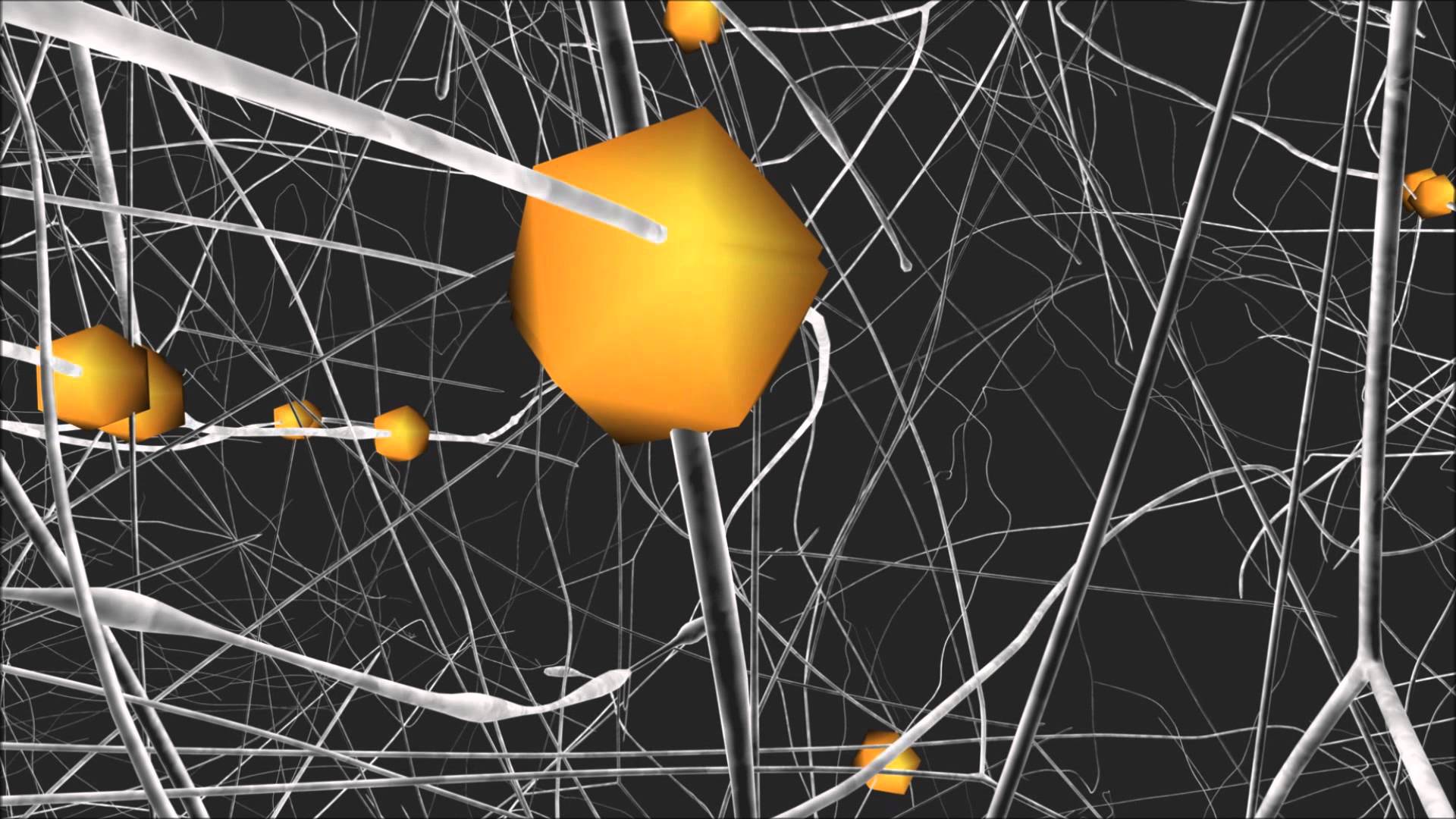Jun 14, 2017
If you don’t die, you can’t reach God
Posted by Nicola Bagalà in category: life extension
If you are religious, or have religious friends worried about the implications of rejuvenation for their beliefs, this article may help.
Preamble: I am an atheist. So I don’t have any God-related issues concerning rejuvenation/living forever. Other people, though, may believe there’s an afterlife waiting for them once they die, or that curing ageing equals playing God. I don’t think these are particularly problematic concerns.
First, if anyone at all, believer or not, wishes to die at any point, I am in no position to object. It’s their life, not mine, and they can do with it whatever they see fit. If you are afraid of never reaching your god because of quasi-immortality, I think you should be free to die the way you wish, be it by ageing or whatever way you prefer (as long as you don’t take others down with you). I think it’d be crazy to terminate your life for this reason, but hey, whatever sinks floats your boat. It’s your choice, and you should be given it. Rejuvenation isn’t about forcing people to never die. It’s about giving them the possibility of living in perfect health for as long as they see fit.

















